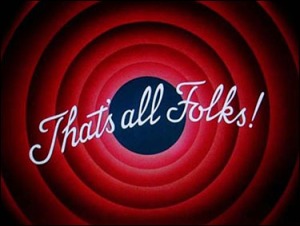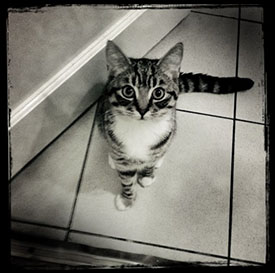
I have to confess to a moment’s hesitation when I was asked by the wonderful Vashti Quiroz-Vega to participate in a blog hop. Why, I thought to myself, would anyone care to know my seventeen favourite carnivorous mammals or the colour of sock I prefer when writing a prologue?
It swiftly transpired, however, that this is a blog hop of an entirely different calibre. Oh yes indeed ladies and gentlemen. This is the Writing Process Blog Hop which, as its name implies, forgoes the frivolity of many others and gets to the heart of a writer’s WIP, motivations and writing habits. But still in a rip-roaring, rollicking, rambunctious manner.
Queensbury rules: I have to answer 4 questions, then tag 4 other brilliant bloggers – and trust me, the folks I’ve tagged are 4 of the very best you could ever wish for – to pick up the metaphorical baton.
Ready? Splendid. Then let’s get going…
1) What are you working on?
My main work-in-progress is my first novel, Dark Energies. It’s currently in the 4th (and hopefully final) series of edits. To be honest, I’d rather print it out and eat it than have to go through another editing round.
The book is a contemporary urban mystery, liberally spiced with romance and quantum physics. It tells the story of Dan Carter, a man in his mid-30s in search of something to fill the void in his life. When Dan is contacted via a social networking site, out of the blue, by a young woman he’s never heard of, it looks like he may have found it. But Dan learns that you should be very careful what you wish for… Cliffhanger alert!
I’m also concentrating a huge amount of time on my blog at the moment. I provide advice to indie authors to help with their marketing efforts, and the blog is my main vehicle for this. I’m lucky to have a lengthy professional background in online marketing, so being able to help out other indies and let them concentrate on their writing feels like paying something back to those from whom I’ve learned so much about the craft.
2) How does your work differ from others in the genre?
Ooh, now that‘s a cracker of a question! The voice, definitely the voice. The story is told from Dan’s POV and he’s an intriguing character, as well as a somewhat unreliable narrator. So what you read is basically what goes on in Dan’s head, which gives (I hope) a unique tone to the narrative.
3) Why do you write what you write?
I’ve been waiting for someone to ask that for ages! The novel’s actually based on a true story – and it happened to me. Much like Dan, I was minding my own business, feeling a little lost, when a mysterious stranger cyber-stalked me. Out of curiosity, I responded, we struck up a conversation and things kind of went on from there…
4) How does your writing process work?
Chaotically and via osmosis. I am, as stated elsewhere, a Sporadic Trouserist. I never find as much time to work on the novel as I’d like and I am most certainly not a plotter. I kind of jumped in at the deep end and have been learning ever since, whilst fighting my way out from the middle of the story. This means there are constantly characters and scenes and chapters and changes and story arcs and plot points whirling around in my head, with me frantically trying to keep track of what goes where. It’s bewildering, but a whole heap of fun. I’ve started work on a second (very different) novel and am plotting that from the outset, so we’ll see how that works out!
And now to pass the honours to my esteemed colleagues:
Lauren Sapala
I genuinely cannot recommend Lauren’s fantastic blog highly enough. What she doesn’t know about the art and craft of creative writing – and how not to give up when the chips are down – really isn’t worth knowing. Add to that a writing style which manages to be both concise and engaging and I can honestly say that this is one of my top must-read blogs.
J. R. Frontera
Jeni Frontera has a way with words which makes me want to dive head-first into every single blog post she writes and wallow for at least a week. Not only that, but she writes some of the most extraordinarily gripping dystopian-future fiction that I have ever read. And I don’t even usually like sci-fi! In a nutshell, just stop reading this and go there now, OK? Cool.
Andrew Toynbee
Andrew and I began blogging at around the same time and I have followed the progress of his first novel – recently re-launched – with great interest. He is one of the most supportive, most encouraging and downright entertaining bloggers I’ve encountered. His warmth and charm shine through in every post and your life will be at least 63% better for following him.
Nightwolf’s Corner
Kisa Whipkey pulls no punches – she tells it like it is with an irresistible sense of humour and I admire her greatly for that. Nightwolf’s Corner is a blog rich with sound advice, hard-won lessons and an indomitable attitude which will have you gripping your writer’s block by the throat and grappling it to the floor without a second thought. And she’s very very funny.
So there you have it. A peek into the world behind JFC and four new favourites to brighten your day. Enjoy!








